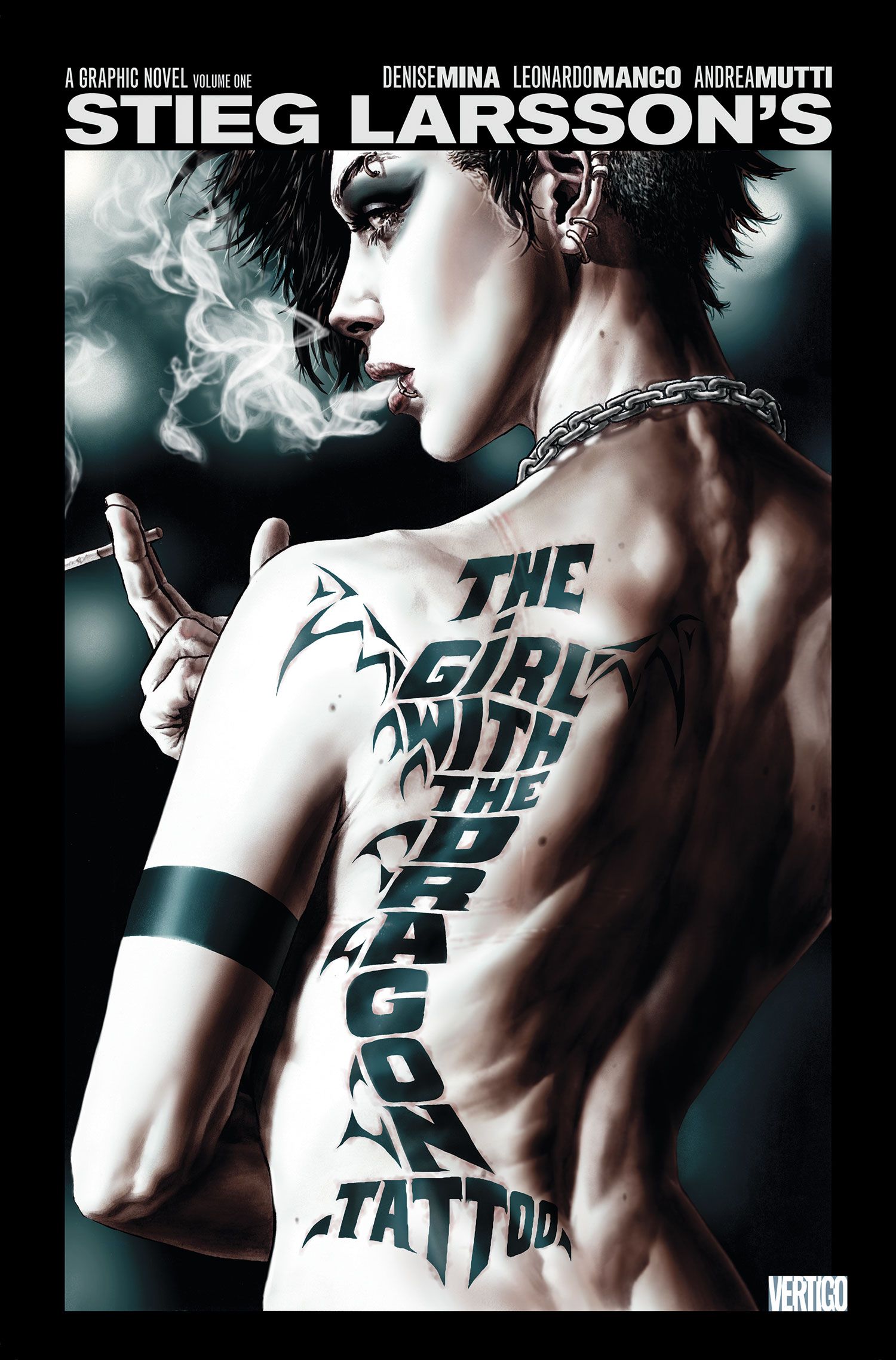Dismissed as a fad 10 years ago, big-screen adaptations bring comic book characters to millions of people every year. Just when you think they've peaked, out comes another blockbuster that tops the previous one. Sure, there are also the moderate hits and outright stinkers, but then there arrives an Iron Man or a Dark Knight or a Walking Dead or an Avengers. They've long passed the point of being a fluke. They even influence the collectors' market, with optioning deals causing spikes in sales of back issues and original art, most recently demonstrated by the crazy prices people are willing to pay on eBay for The Walking Dead #1.
So if going from comics to film and television is so great, why is the reverse so rarely true? Comic books that adapt stories from other media (TV, film, video games, books, etc.) are only sometimes great and rarely garner the same kind of enthusiasm and attention. Someone who's better at Photoshop than me should whip up one of those "said no one ever" images because no one has ever said, "I can't wait for my favorite blockbuster movie to get adapted into a comic." And yet most of us could barely keep our composure over the prospects of seeing Marvel's The Avengers.
There are exceptions, of course. Madeleine L'Engle's A Wrinkle in Time by Hope Larson had a lot of anticipation behind it, even from non-comics fans. Joss Whedon's Buffy the Vampire-Slayer Season 8 got a lot of attention (although I would argue it was more because that was the only way devotees could get more "canonical" Buffy, as opposed to being excited about Buffy being in comics). There are some others, but just like these two they are exceptions that prove the rule.
Part of the problem is that most adaptation comics just aren't all that good. Or are just OK. Whether it be a continuation of the story, previously "unseen" parts of the story or a strict interpretation of the original story, a lot of times these things just don't have the focus they may deserve. Comics publishers have historically not put their A-list creators on them. Marketing has more often then not relied on comics fans also being fans of the original material. The strategy of going to where non-comics-reading fans of the original story are to let them know it exists was rarely used. Another stumbling block is that faithful fans of the original property will usually look for some kind of involvement by the original creators, preferably that said creators are completely and fully writing it. The more unfamiliar names in the writing credits, the more enthusiasm will drop.
Fortunately there are some signs that maybe lessons are being learned, such as with DC Comics' graphic novel of Stieg Larsson's The Girl with the Dragon Tattoo, by Denise Mina and Leonardo Manco. With Larsson's unfortunate death in 2004, his involvement was of course impossible, so choosing Mina, someone who has written both novels and comic books, to pen the adaptation shows a commitment to the material beyond just having any old person do it. Similarly the inclusion of Dexter creator Jeff Lindsay as sole writer for Marvel's upcoming Dexter miniseries is promising. Not that either of these scenarios guarantees the adaptations will be amazing, but it's a valiant effort.
The other challenge is the cartooning. How beloved characters are depicted can be a deal-breaker. The Twilight graphic novel had this challenge, as it was trying to visualize the characters off the books but most readers had the movies' actors stuck in their heads. Really, every adaptation involving a visual medium has this challenge. How many times have comic fans flipped out over the release of images from the movie that show an actor in full costume? (Moment of silence for Superman's red shorts, please.) Adapting the likeness of an actor into comics is also challenging, as it ends up looking like a stiff photo moving through a comic book world. Or they look nothing like their real world doppelgänger. I think IDW Publishing's Ghostbusters series, featuring art by Dan Schoening, might have the right idea -- focus more on the caricatured aspects of the actors. It allows a much more dynamic use of the characters.
So maybe adaptation comics are starting to get on the right track. Maybe one day people really will say, "I can't wait for my favorite blockbuster movie to get adapted into a comic!"


